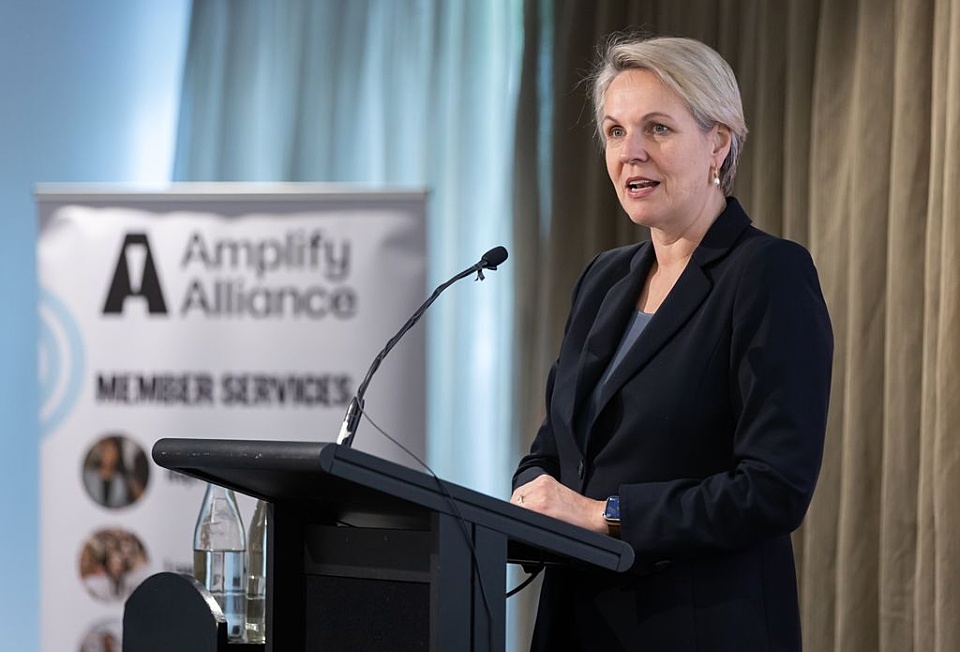
Feds flag human services grants shakeup
Posted on 15 Dec 2025
The federal government is trialling longer-term contracts for not-for-profits that deliver…
Posted on 06 Mar 2025
By By Matthew Schulz, journalist, SmartyGrants

Australia’s biggest philanthropic foundation has committed $2.1 million to improving outcomes measurement.
The Paul Ramsay Foundation confirmed the funding for seven charities supporting children, young people, families and disadvantaged groups.
Each charity will receive $300,000 over three years through the foundation’s Experimental Evaluation program, designed to support robust evaluations, high quality evidence and an exploration of evaluation methodologies. The program is being run with the support of the Australian Centre for Evaluation.
The program has the support of Charities Minister Andrew Leigh, a strong advocate for the “gold standard” of evidence provided by randomised control trials (RCTs).
Currently only 1.5 per cent of evaluations in educational policy and other government programs use RCTs, but Dr Leigh last year urged policy makers to employ them more often.
“I think it's always worth asking the question, can we do a randomised trial, and if not, why not?" Leigh told Grants Management Intelligence last year.
The foundation’s funding will support evaluations for:
“These evaluations will contribute to the evidence base that will help shape future investment in social impact programs, not only benefiting the organisations themselves but also providing knowledge for the broader for-purpose sector.”

The programs were chosen through an open grant round, with the aim of demonstrating that “robust evaluations can be conducted within a relatively short time frame and with modest budgets”.
Dr George Argyrous, the Paul Ramsay Foundation’s head of measurement, evaluation, research and learning, said the funding aimed to “deepen the understanding and experience of evaluation techniques in Australia to better measure and create social impact”.
“These evaluations will contribute to the evidence base that will help shape future investment in social impact programs, not only benefiting the organisations themselves but also providing knowledge for the broader for-purpose sector.”
Dr Leigh welcomed the funding: “In medicine, randomised trials have helped patients live longer and healthier lives. Bringing that same rigour to social policy evaluation helps us find out what works, and for whom.”
He said the government was a proud partner in the work to “deliver social impact at scale.”
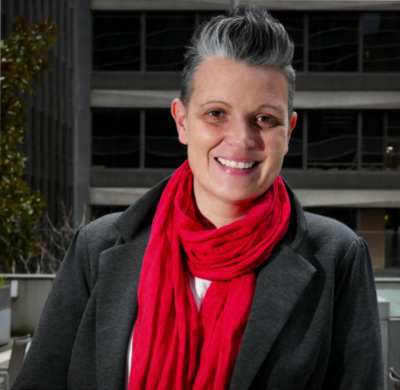
SmartyGrants chief impact officer Jen Riley described the funding as a “significant step in advancing impact measurement in Australia”.
However, she raised concerns about the limited time frames and budgets, warning that more resources may be needed for “high-quality evaluation”.
“While the three-year timeline is reasonable, many complex social interventions require longer follow-ups to capture sustained impact. Acknowledging this could help set realistic expectations,” she said.
Riley also suggested that while RCTs were a useful tool, they were “not always the most appropriate, ethical, or practical approach for every social intervention”.
She believed making the funding available only to RCTs may have excluded high-impact programs better suited to alternative evaluation methods, such as realist evaluation, developmental evaluation, or participatory approaches.
Riley hoped that future funding rounds would support “a broader range of rigorous evaluation methodologies”, allowing programs to use the most appropriate tools for their context.
These could include participatory and community-led evaluation processes, which had the potential to empower Indigenous and marginalised communities.
In the meantime, she said, evaluators and impact measurement practitioners would keenly await the findings of the studies.
Riley has previously reflected on the minister’s push for scientific rigour, suggesting that an improved evaluation culture would generate greater insights that simply hunting for “better data”.

Posted on 15 Dec 2025
The federal government is trialling longer-term contracts for not-for-profits that deliver…

Posted on 15 Dec 2025
A Queensland audit has made a string of critical findings about the handling of grants in a $330…

Posted on 15 Dec 2025
The federal government’s recent reforms to the Commonwealth procurement rules (CPRs) mark a pivotal…

Posted on 15 Dec 2025
With billions of dollars at stake – including vast sums being allocated by governments –grantmakers…
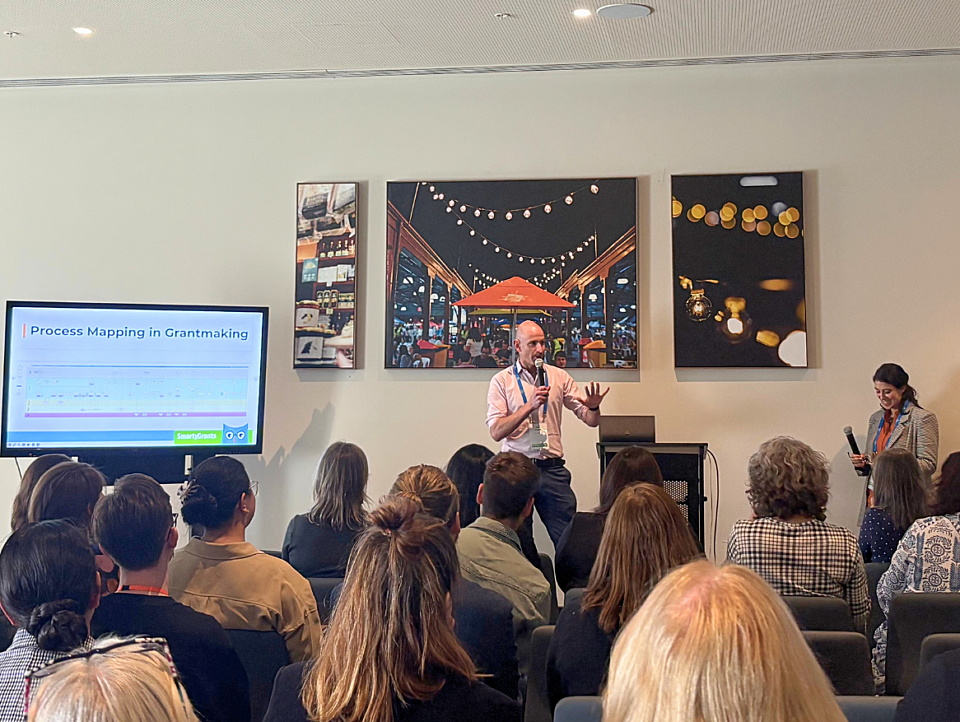
Posted on 15 Dec 2025
Nearly 100 grantmakers converged on Melbourne recently to address the big issues facing the…
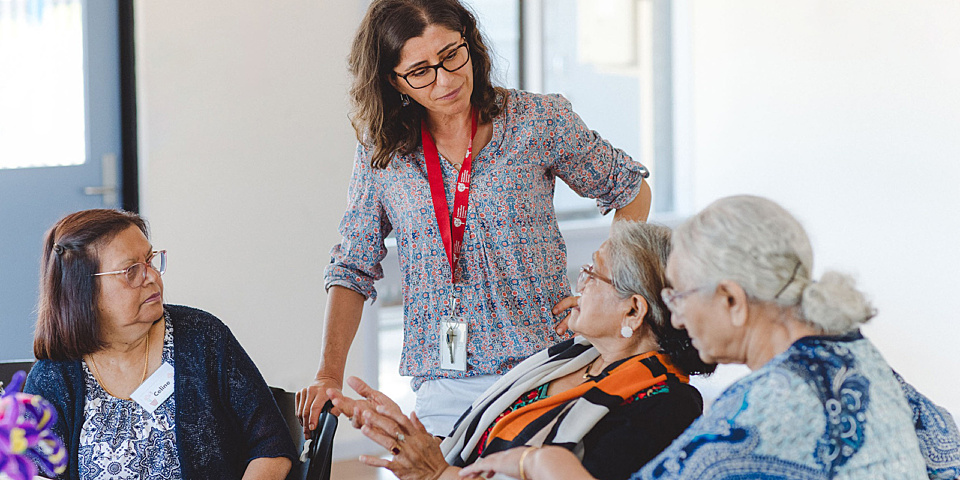
Posted on 10 Dec 2025
Just one-in-four not-for-profits feels financially sustainable, according to a new survey by the…
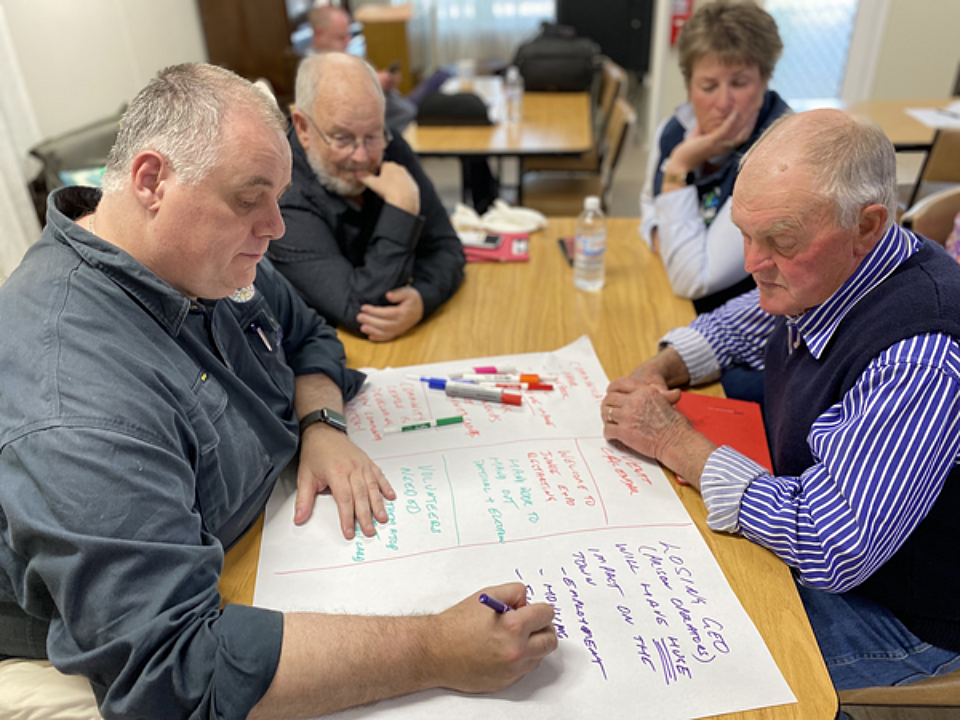
Posted on 10 Dec 2025
The Foundation for Rural & Regional Renewal (FRRR) has released a new free data tool to offer…

Posted on 10 Dec 2025
A major new report says a cohesive, national, all-governments strategy is required to ensure better…

Posted on 08 Dec 2025
A pioneering welfare effort that helps solo mums into self-employment, a First Nations-led impact…

Posted on 24 Nov 2025
The deployment of third-party grant assessors can reduce the risks to funders of corruption,…

Posted on 21 Oct 2025
An artificial intelligence tool to help not-for-profits and charities craft stronger grant…

Posted on 21 Oct 2025
Artificial intelligence (AI) is becoming an essential tool for not-for-profits seeking to win…